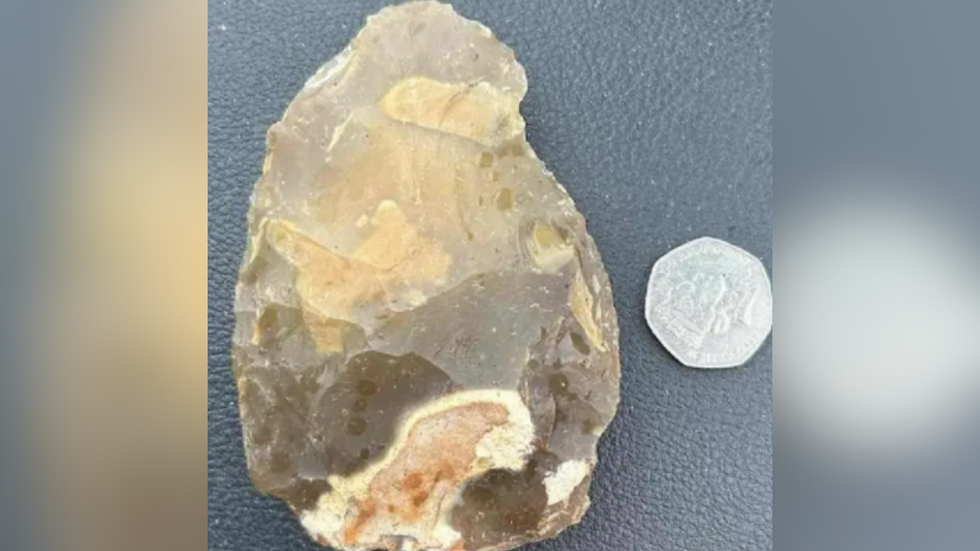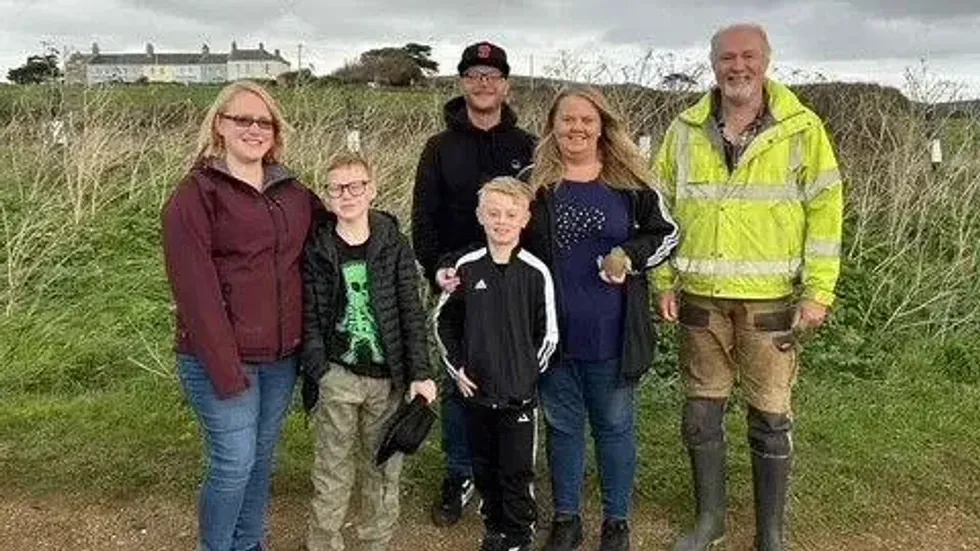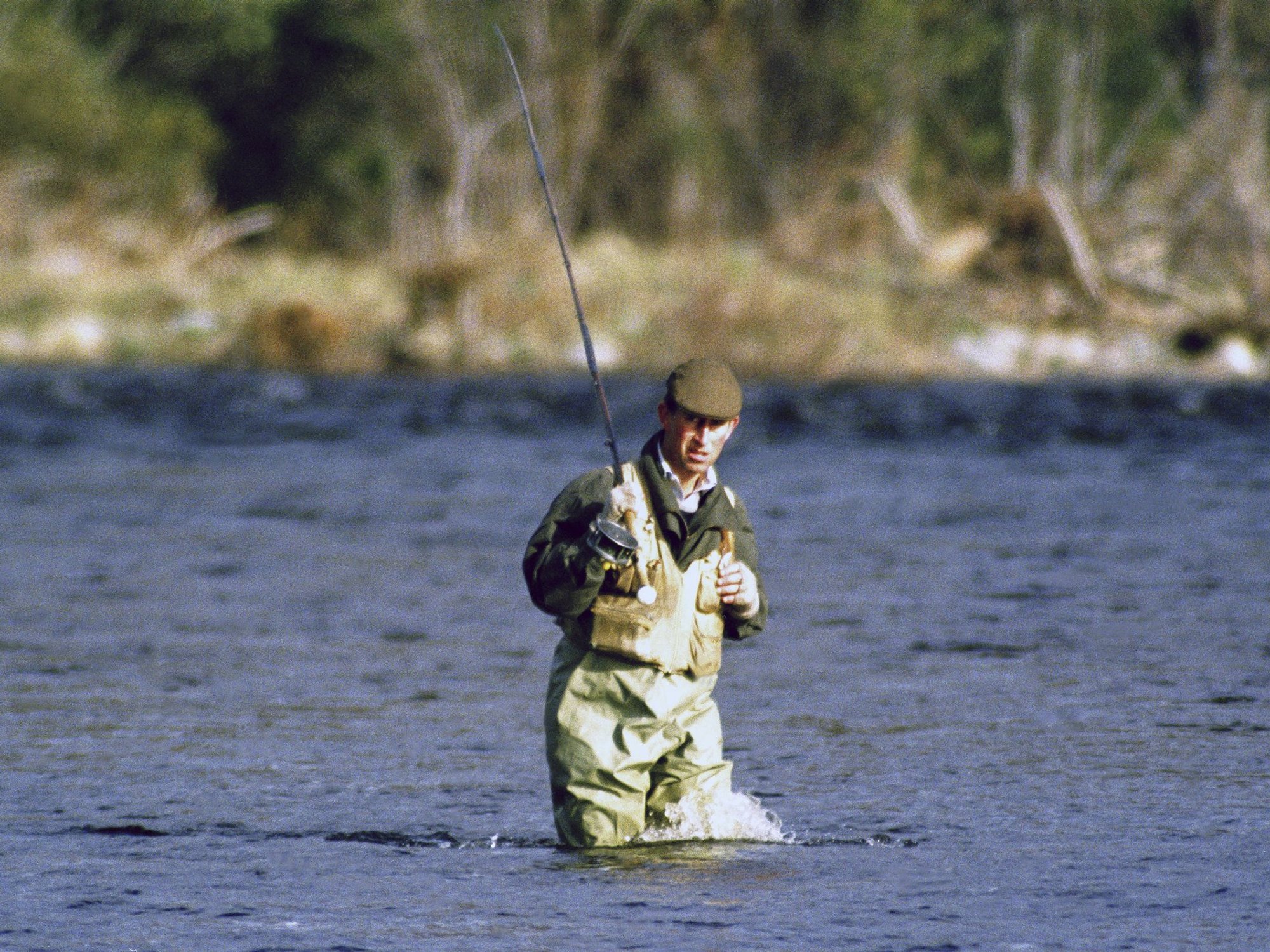Family left stunned after stumbling across 'exceedingly rare' Stone Age hand axe
An expert has said it may be the oldest ever found in the area
Don't Miss
Most Read
A family were left stunned after discovering a Stone Age hand axe in a "chance finding" on the Isle of Wight.
Last week, Mel Harrison discovered the prehistoric weapon at Brook Bay during a fossil hunting tour on the island.
Tour guide from Island Gems Fossil Trips, Martin Simpson, quickly identified the implement as dating back to the Stone Age.
Ms Harrison was joined on the tour by her husband Tony, nine-year-old sons Jack and Charlie, described as "keen fossil hunters", and her friend Laura.
 Family left stunned after stumbling across 'exceedingly rare' Stone Age hand axe
Family left stunned after stumbling across 'exceedingly rare' Stone Age hand axeTRENDING
Stories
Videos
Your Say
Speaking about the find, Ms Harrison said: "It's incredible to think that this stone tool was made between 250,000-600,000 years ago and has lain undiscovered all this time."
The ancient axe was verified Isle of Wight Finds Liaisons Officer Dr Ferrero.
He confirmed that the uncovered tool was "a Palaeolithic or pre-Palaeolithic hand axe perfectly intact."
Dr Ferrero added that it "could possibly be the oldest to be found on the island".

Dr Ferrero said the Stone Axe could be 'the oldest to be found on the island'
| GETTYTour guide Mr Simpson, who has worked on the Isle of Wight for around four decades, said the object "had the right look and feel about it".
He said: "These finds are exceedingly rare and emanate from a time when the island was joined to the mainland.
"The coastal erosion in this case is actually doing some good by uncovering rare treasures."
Ms Harrison said the remarkable discovery was the "highlight" of her family's trip to the island.
REMARKABLE FINDS - READ MORE:

Ms Harrison said the remarkable discovery was the 'highlight' of her family's trip to the island
|ISLAND GEMS FOSSIL TRIPS
The Palaeolithic era was the earliest period of the Stone Age, lasting from 3.3 million to roughly 11,650 years ago.
It was the era were early humans first engaged in the making and use of tools.
Implements from this era were primarily crafted by using techniques such as flint knapping, which involves hard hammer stones being used to break off chunks from a larger piece of flint.
Early humans used the stone axes for everyday tasks, such as chopping wood for fires, digging for roots and butchering animals.
One of the earliest known Palaeolithic stone axes was discovered in Reading, Berkshire and was dated back around 400,000 years ago.
In Britain, the tools have often been discovered in river terrace deposits.
The Isle of Wight was connected to mainland Britain until around 7,500 years ago.
However, the island broke away from the Hampshire coast after rising sea levels flooded the former river valley.
Our Standards: The GB News Editorial Charter











